Acclaim for Terry Tempest Williamss
An Unspoken Hunger
Dazzling. Only a few books in my life have made me feel grateful to the author, and An Unspoken Hunger is one of them. Williams walks a dangerous and exposed path, following a trail of devastation caused by humanity itself. Like any trail into the wilderness, hers leads straight into the heart.
Maureen ONeill, Seattle Times
Williams has influenced, cajoled, and delighted many, many readers with her compassion and transforming imagination. Like Virginia Woolf, she seems to live on the level of myth and symbol.
Los Angeles Times Book Review
Beautiful poetic. Touches the soul of nature. You do not read Terry Tempest Williams so much as absorb her, the way she absorbs the land. It is like gaining a new pair of eyes.
Oregonian
Williamss love of nature and her understanding of the spiritual renewal it provides is simply awesome. There would be no more exquisite combination than a tent in the wilderness, a gentle summer breeze and this book.
Denver Post
Perhaps no American writer since D. H. Lawrence has so successfully fused the language of desire with the natural world. Williams invites us to be fully human in the presence of the people and the places we love.
Orion magazine
Williams breaks new ground in An Unspoken Hunger. Prepare to become undone and reassembled.
Bloomsbury Review
Also by Terry Tempest Williams
The Secret Language of Snow (with Ted Major)
Pieces of White Shell
Between Cattails
Coyotes Canyon
Earthly Messengers
Refuge
Desert Quartet
Terry Tempest Williams
An Unspoken Hunger
Terry Tempest Williams is Naturalist-in-Residence at the Utah Museum of Natural History. She is the author of Pieces of White Shell, Coyotes Canyon, Refuge, and, most recently, Desert Quartet, and is a recipient of a Lannan Fellowship in creative nonfiction. She lives in Salt Lake City with her husband, Brooke.
FIRST VINTAGE BOOKS EDITION, SEPTEMBER 1995
Copyright 1994 by Terry Tempest Williams
All rights reserved under International and Pan-American Copyright Conventions. Published in the United States by Vintage Books, a division of Random House, Inc., New York, and simultaneously in Canada by Random House of Canada Limited, Toronto. Originally published in hardcover by Pantheon Books, a division of Random House, Inc., New York, in 1994.
The essays in this work originally appeared in the following publications, whose editors I wish to thank for their guidance:
In the Country of Grasses in The Norton Book of Nature Writing, edited by Robert Finch and John Elder, W. W. Norton, 1990; In Cahoots With Coyote in The Faraway Nearby: Georgia OKeeffe as Icon, Addison-Wesley Company, 1992; Stone Creek Woman in Elements, Spring/Summer, 1992; Winter Solstice at the Moab Slough in Three Essays: Bill McKibben, Terry Tempest Williams, William Least Heat Moon, Coffee House Press, 1993; An Unspoken Hunger (as Blood Relations) in Northern Lights, Winter, 1993; A Eulogy for Edward Abbey in Journal of Energy, Natural Resources & Environmental Law, vol. II, no. 1, 1990, University of Utah College of Law; Yellowstone: The Erotics of Place in High Country News, June 3, 1991; Mardy Murie: An Intimate Portrait in Patagonia, Spring 1991; Testimony on Behalf of the Pacific Yew Act of 1991 in Congressional Record, March 4, 1991; The Architecture of a Soul in Orion, Spring 1993; The Village Watchman in Between Friends, edited by Mickey Pearlman, Houghton Mifflin, 1994; A Patriots Journal in Witness, vol. 5, no. 1, 1991; All That Is Hidden in Counting Sheep, edited by Gary Paul Nabhan, University of Arizona Press, 1993; Undressing the Bear in On Natures Terms, Texas A & M University Press, 1992; The Wild Card in Wilderness, Summer, 1993; and Redemption in Outside, August 1993.
Permissions acknowledgments are on .
The Library of Congress has cataloged the Pantheon edition as follows:
Williams, Terry Tempest.
An unspoken hunger: stories from the field/Terry Tempest Williams.
p. cm.
ISBN 0-679-43244-2
eBook ISBN: 978-1-101-91243-0
1. Title.
AC8. W653 1994
081dc20 93-30317
Vintage ISBN: 0-679-75256-0
v3.1
for
Callie, Sara, and Diane
with a prayer
for their future
So there was no going back: she had
to fight for survival among the mysteries
of life. And what human beings want
more than anything else is to become
human beings.
Clarice Lispector,
An Apprenticeship
Contents
In the Country of Grasses
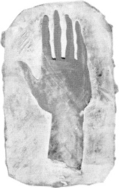 For a naturalist, traveling into unfamiliar territory is like turning a kaleidoscope ninety degrees. Suddenly, the colors and pieces of glass find a fresh arrangement. The light shifts, and you enter a new landscape in search of the order you know to be there.
For a naturalist, traveling into unfamiliar territory is like turning a kaleidoscope ninety degrees. Suddenly, the colors and pieces of glass find a fresh arrangement. The light shifts, and you enter a new landscape in search of the order you know to be there.
As a naturalist who calls the Great Basin home, I entered the Serengeti Plains of Africa with beginners eyes. The sky arched over me like a taut bow. George Schaller describes the Serengeti as a boundless region with horizons so wide one can see clouds between the legs of an ostrich.
This is true. It is also true that the Serengeti ecosystem is defined by the hooves of migrating wildebeests. It covers the borders of Tanzania and Kenya like the stretched skin of an animal25,000 square kilometers of open plains and wooded grasslands harbor one of the last refuges on earth where great herds of animals and their predators can wander at will.
I chose to wander in the northern appendage of these plains, in an area known as the Maasai Mara.
The Mara is wild, uninterrupted country capable of capturing ones spirit like cool water in a calabash. And it appears endless, as its southern boundary is contiguous with Tanzanias Serengeti National Park.
The Mara belongs to the Maasai or the Maasai to the Mara. The umbilical cord between man and earth has not been severed here. The Maasai pasture their cattle next to leopard and lion. They know the songs of grasses and the script of snakes. They move like thin shadows across the savannah. A warrior with a red cloak draped over his shoulder stands silhouetted against the sun. Beefeaters, blood-drinkers, the Maasai are one of the last strongholds of nomadic life.
Samuel Kiplangat was my guide in the Mara. He is Maasai. The stretched holes in the lobes of his ears are like small windows and a reminder of the traditional life he has left behind. But he has not abandoned his native intelligence. Samuel felt the presence of animals long before he saw them. I watched him pull animals out of hiding with his eyes. I saw him penetrate stillness with his senses.
When traveling to new country, it is a gift to have a guide. They know the nuances of the world they live in. Samuel smells rain the night before it falls. I trust his instincts and borrow them until I uncover my own. But there is danger here. One can become lazy in the reliance on a guide. The burden of a newcomer is to pay attention.


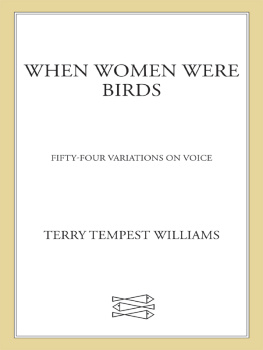

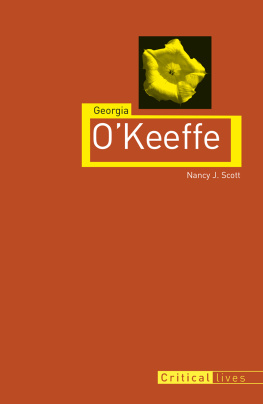
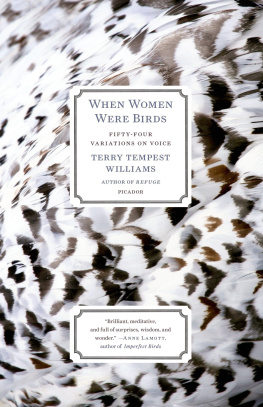
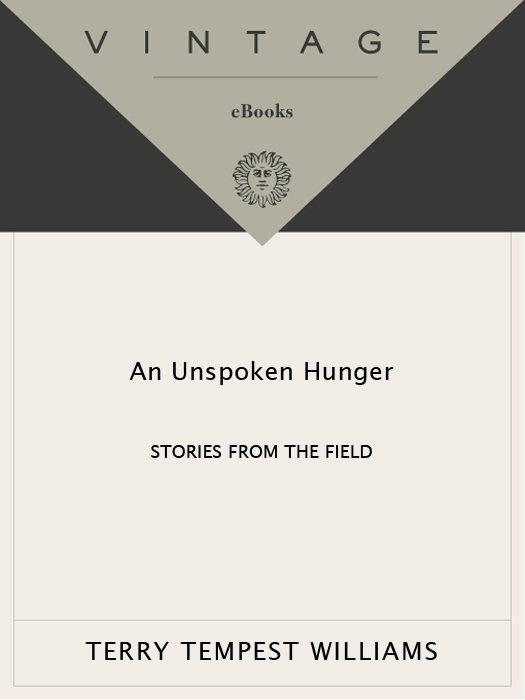
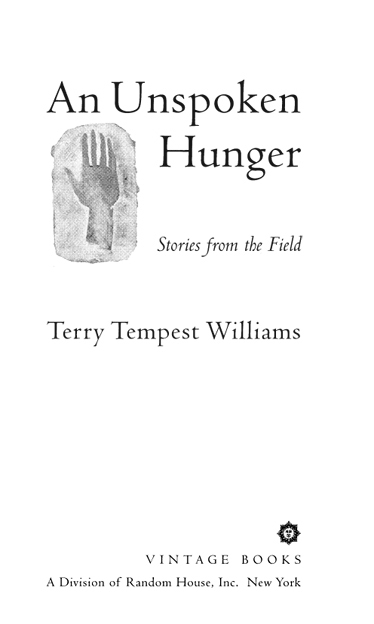
 For a naturalist, traveling into unfamiliar territory is like turning a kaleidoscope ninety degrees. Suddenly, the colors and pieces of glass find a fresh arrangement. The light shifts, and you enter a new landscape in search of the order you know to be there.
For a naturalist, traveling into unfamiliar territory is like turning a kaleidoscope ninety degrees. Suddenly, the colors and pieces of glass find a fresh arrangement. The light shifts, and you enter a new landscape in search of the order you know to be there.